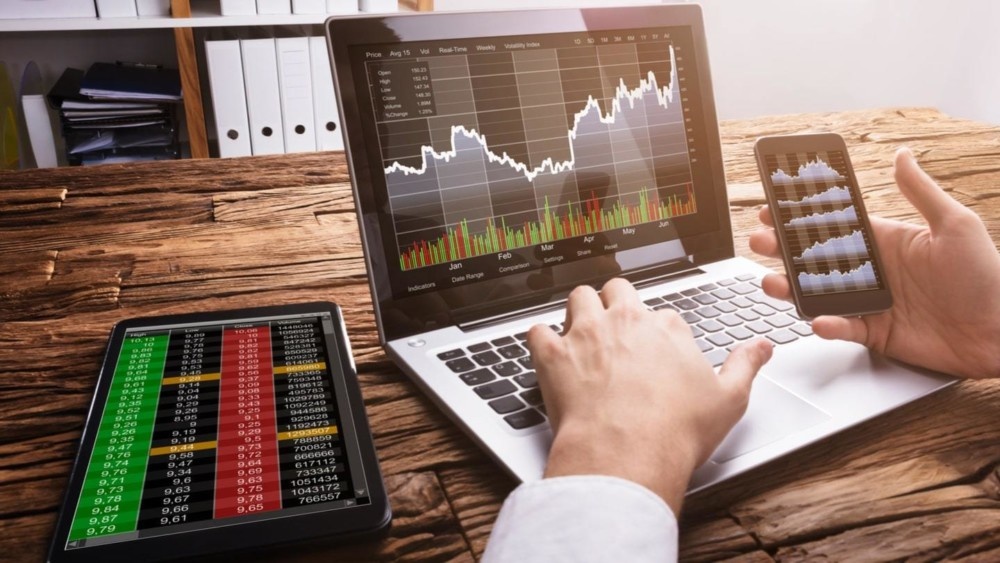There are so many Forex brokers out there with all of them claiming to be the best. However, not all of them can live up to expectations. So, you must take some time to investigate the Forex brokers before you register with them.
A Forex broker is a very important entity in Forex trading. You just cannot avoid registering with one. So, you will do yourself a world of good to properly investigate them before registering with them. It can be overwhelming to choose a Forex broker. As a beginner, this can be very difficult for you. Not to worry; the information below can help you to make the right choice among the available ones.
Before you pitch your tent with any of the Forex brokers, you need to find out how secure the platform is. You should only consider the Forex brokers if it is regulated. An unregulated Forex broker is not safe at all. Studies show that regulation does not necessarily mean that the broker is safe and secure. Be that as it may, a regulated broker is still more trustworthy than one that is not regulated. If the broker is regulated, you can easily report the broker to the government body or organization that regulates it. If the broker is not regulated, you will have no one to report to if anything goes wrong.
One other thing worthy of consideration is the transaction cost. Before you register with the broker, first find out if the broker charges low or high transaction costs. You should always be on the lookout for brokers that charge low transaction costs. If not, the transaction costs will eat deeply into your profit. For example, synthetic indices does not charge high transaction costs. You will not have to pay a dime to deposit money or withdraw your profit. Aside from charging low transaction costs, synthetic indices is also a highly reliable Forex broker.

To make things very easy for its registered traders, synthetic indices offers so many deposit and withdrawal options to enable each trader make money hassle-free on the platform. They will never make it difficult to withdraw your profit at all. In fact, the profit can arrive in your wallet almost instantly.
The Foreign Exchange (Forex) Market allows traders to make transactions involving currency pairs through a forex broker. The Foreign Exchange (Forex), Foreign Currency (FX), or Currency Market is a decentralized market for buying and selling currencies around the world.
Foreign exchange (Forex) trading is conducted electronically, with transactions occurring 24 hours a day, five days a week, across all financial sessions and time zones. You can learn more about Forex by checking out the related article on Wikipedia.
The daily average trading volume in the foreign exchange market is approximately $2.4 trillion, making it the largest and most liquid instrument in the world. This is because you need to be able to convert and do business across national borders, which means you need to be able to use more than one currency. This makes it easier to exchange currencies.
Since currencies are always traded in pairs, the market price of any given currency is always a relative rather than an absolute value.
Primary participants in the foreign exchange market are international banks acting through financial intermediaries; these are the banks that ultimately become the dealers at the aforementioned financial firms. When looked at as a whole, this sets up an interbank market where huge amounts of money change hands every day.
In order to participate in Forex trading, retail traders need the services of a Forex broker. It is highly recommended that retail traders select a regulated broker holding a valid and current license to ensure the security of their funds and access to the Forex trading markets.
In the over-the-counter model of trading, brokers negotiate prices directly with one another. Therefore, FX brokers can either act as an agent, finding the best possible price for a retail order through Straight Through Processing (STP) Trading, or they can act as principals, quoting the price and dealing directly with clients.
The Finest Foreign Exchange Brokers
We’ve compiled a list of the best forex brokers, organized by category, including those that meet stringent government regulations while also providing competitive spreads and other enticing terms of trade.
A trader must pay a commission or spread to their Forex broker for each open trade or transaction.
Any broker that lets you trade currency pairs can help you trade forex, though the exact number of pairs you can trade may vary by service provider.
There is no such thing as “the best Forex broker,” but you should look for a reputable company that is well-regulated, has a solid reputation, offers competitive trading conditions, and provides excellent customer service. Try looking into IG Trading or Interactive Brokers.
As a first step, you should choose reputable brokers, enroll in a solid training program, and familiarize yourself thoroughly with the fundamentals of foreign exchange (Forex) trading. In this article, you’ll learn the basics of Forex trading.